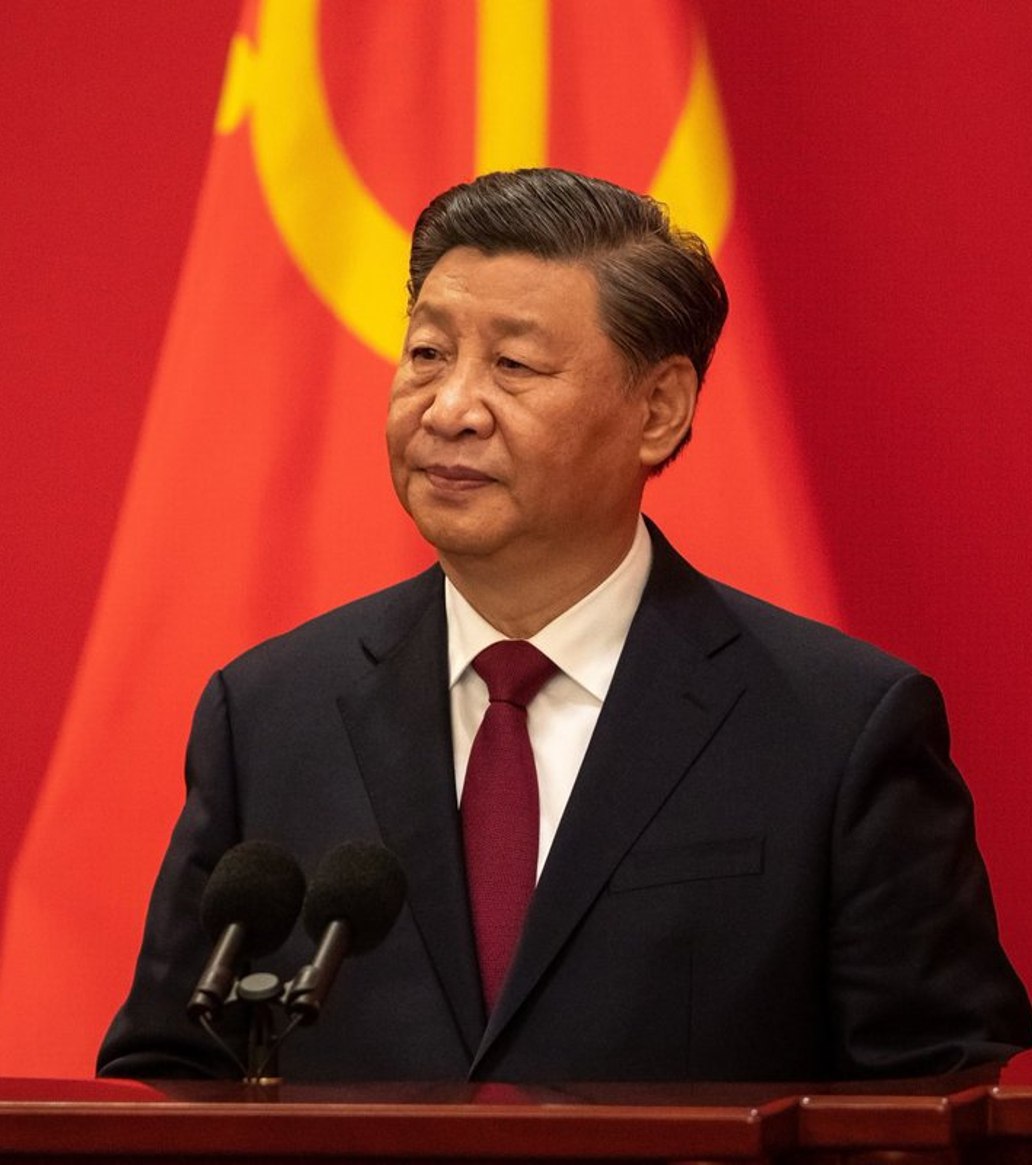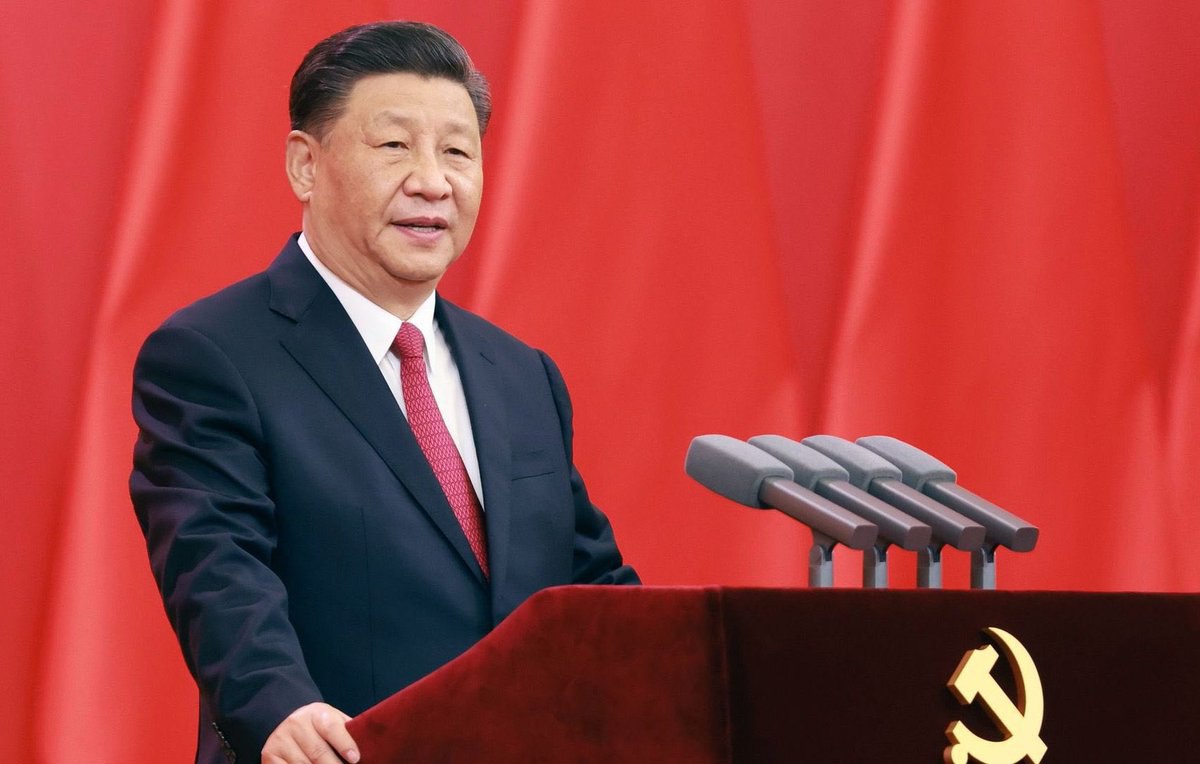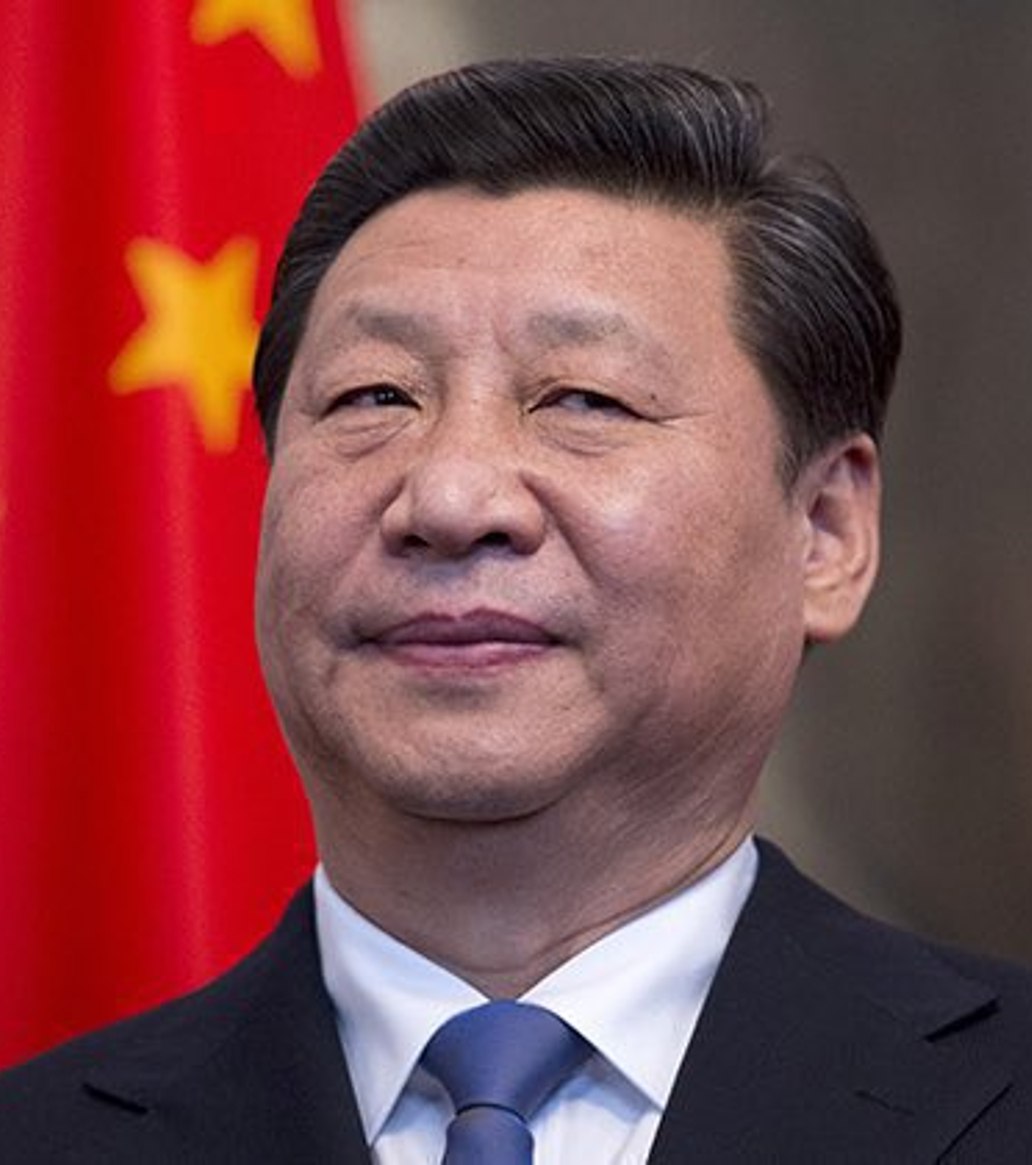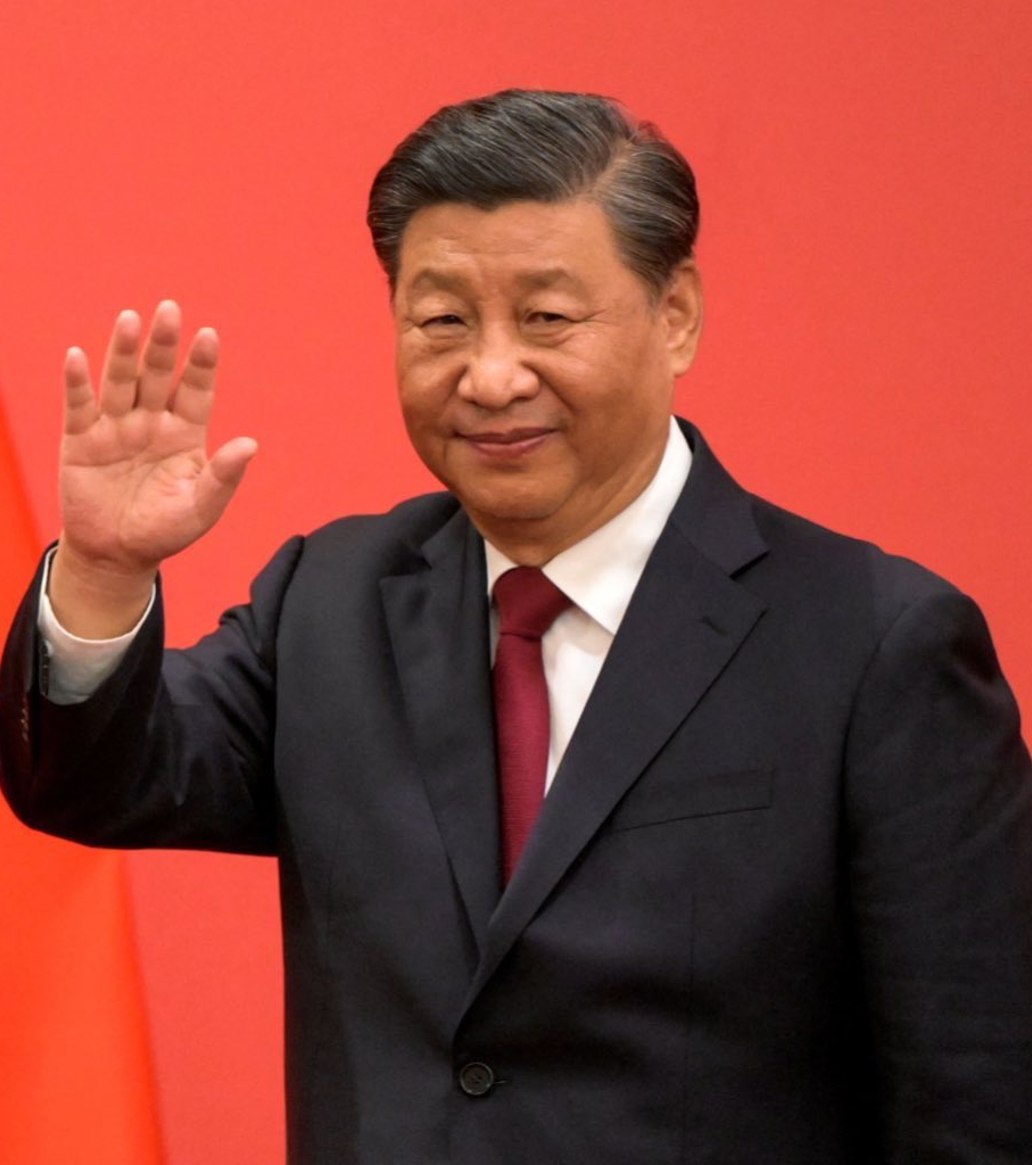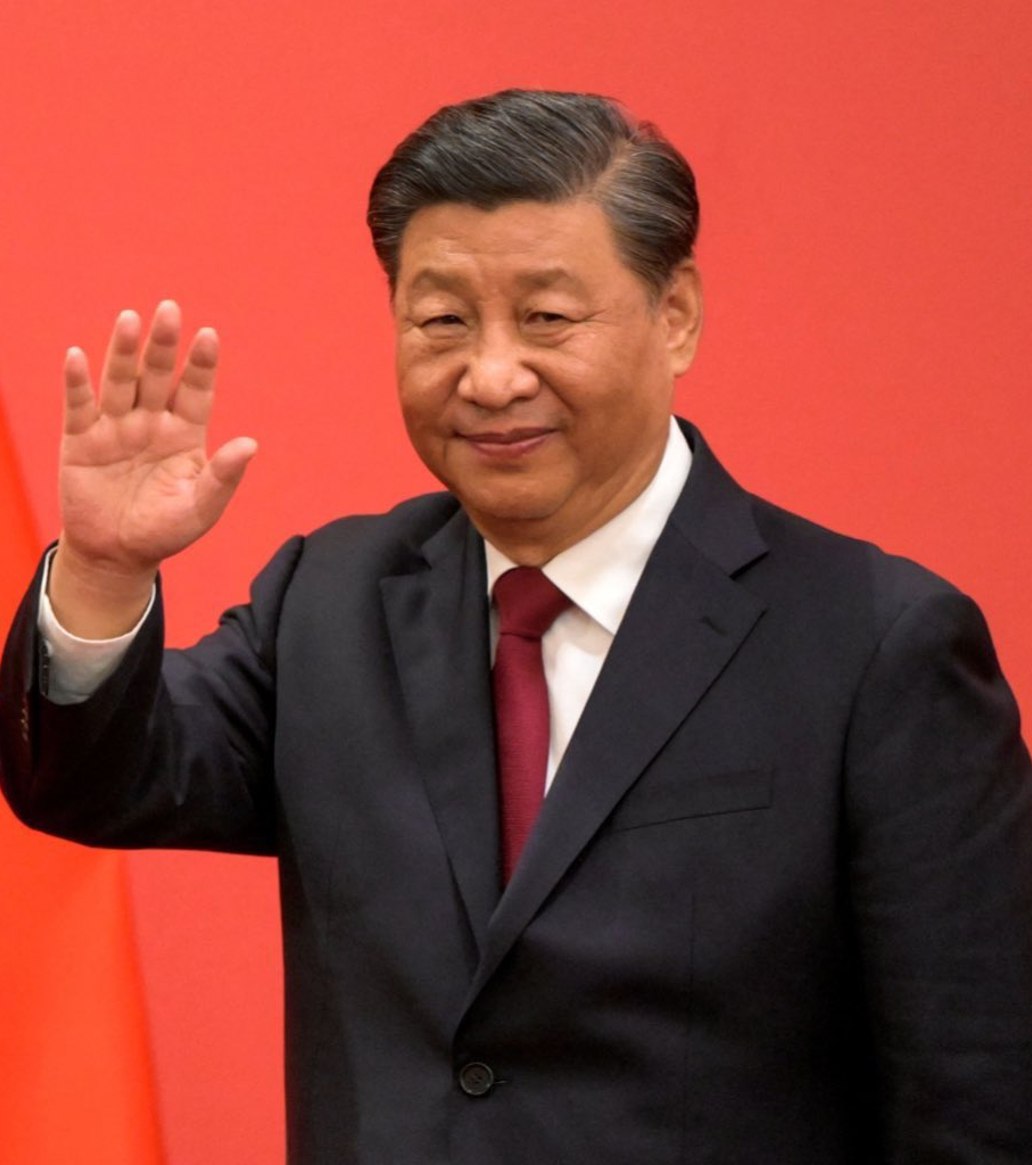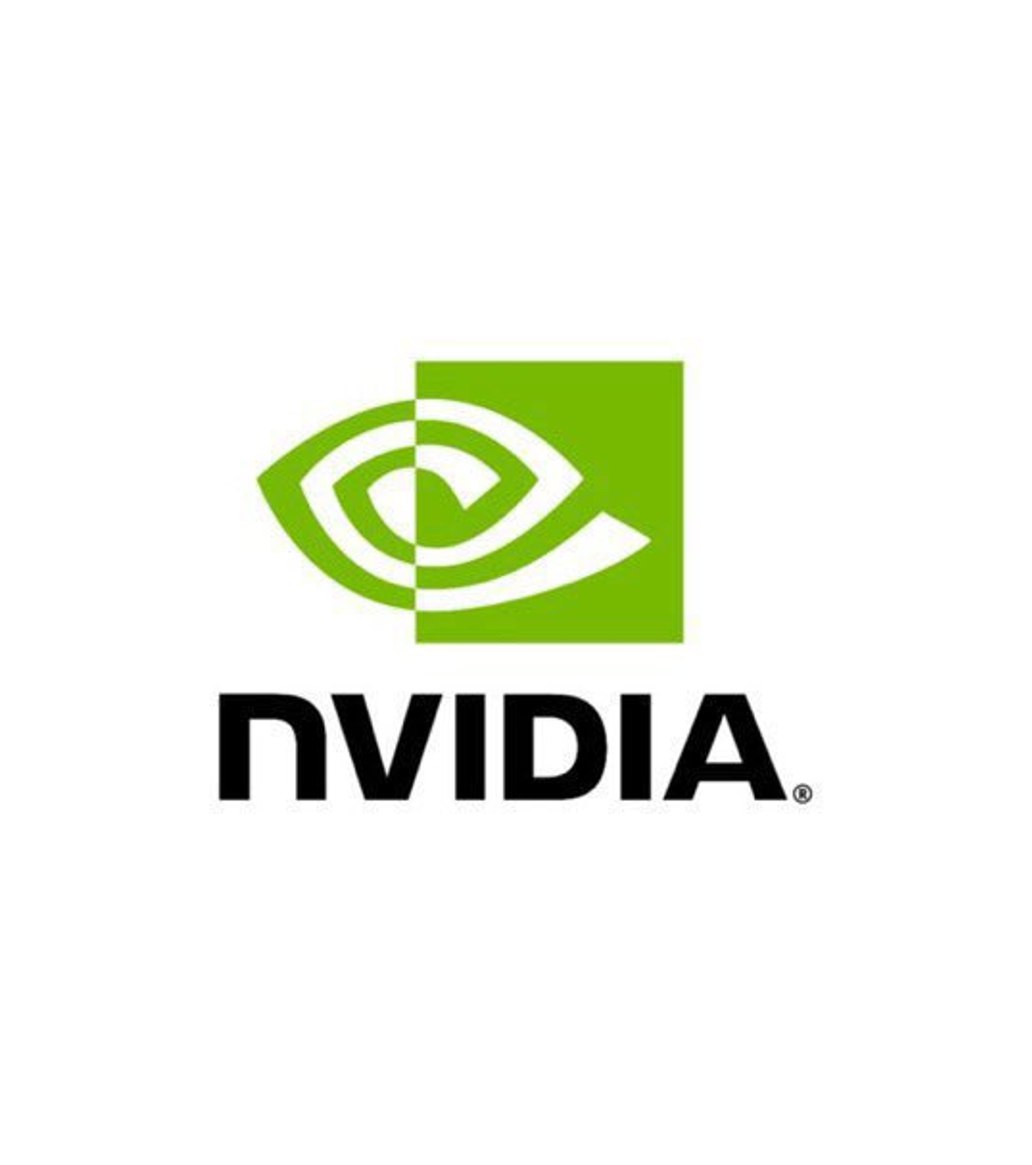Nvidia CEO Jensen Huang: China Is "Not Behind" the US in Artificial Intelligence
Nvidia CEO Jensen Huang has asserted that China is "not behind" the United States in the race for artificial intelligence (AI) development, challenging the narrative that the US holds a dominant position in this groundbreaking field. Huang, speaking at a recent tech conference, emphasized that the AI industry is rapidly evolving and that China has made significant strides in catching up to its Western counterparts.
Huang's remarks come at a time when geopolitical tensions and technological competition between the US and China have reached new heights. The AI sector has become one of the primary battlegrounds in this rivalry, with both nations investing heavily in AI research and development. However, Huang believes that China's technological prowess in AI should not be underestimated, noting the country's advancements in areas like machine learning, quantum computing, and deep learning.
In his speech, Huang pointed out that both China and the US are leveraging their respective strengths to drive AI innovation. While the US is often associated with cutting-edge AI startups and tech giants like Nvidia, Google, and Microsoft, China has rapidly built a robust ecosystem for AI research, with companies such as Baidu, Alibaba, and Tencent leading the way. Huang highlighted that China's government support and large-scale data availability give the country a competitive edge in AI development.
The Nvidia CEO also touched on the importance of collaboration over competition in advancing AI technology. He stated that global cooperation will be essential in ensuring that AI's potential is harnessed responsibly and for the benefit of humanity. Huang's comments underscore the increasingly interconnected nature of AI research, where breakthroughs in one region can have a global impact.
Despite Huang’s optimism about China's AI capabilities, he also acknowledged the challenges both countries face. From regulatory hurdles to ethical considerations and potential security risks, the AI arms race is not without its obstacles. However, Huang remains optimistic that, through continued innovation and international collaboration, both the US and China can lead the world in AI technology and shape the future of industries like healthcare, transportation, and finance.
As AI continues to advance at a rapid pace, the competition between China and the US will undoubtedly play a significant role in shaping the future of technology. Huang’s comments offer a reminder that the global AI race is more complex than a simple rivalry and that China’s role in this field is a force to be reckoned with.


